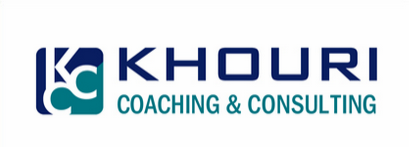Procrastination has been a hot topic recently with a few clients, and I wanted to offer some tips on overcoming it. First let's take a look at the reasons people procrastinate.
Reasons People Procrastinate
Lack of Commitment. It may be that you are no longer committed to the task. At one point it was important, and now it is no longer important. You may not have even realized that this is the case, so it stays on your to-do list or in your head, and your stress level increases each time you come across it.
Lack of Clarity. The second reason is that you haven't decided what you are going to do about it. For example, let's look at putting an estate plan in place. On your list, you have something called 'Estate Plan'. It is important to you. You are still committed to doing it for all the right reasons (minimizes taxes, family is protected, etc.). The only trouble is you can't do anything about Estate Plan as is. Part of the problem is you're too smart. When you look at something on your list that is too big and too difficult to do, you process that in your head for a few seconds, and move on to the next item.
Overwhelm. The third reason people procrastinate is because they are overwhelmed by too much to do. Some will be frozen by this sense of overwhelm, and as a result they end up doing nothing. As David Allen says, "there is always more to do than you can do."
Finally, people procrastinate because they are not focused. It is very easy to get distracted today with all of the information, interruptions, and details coming at us.
Overcoming Procrastination
The next time you come across something that you are putting off, something that every time you look at it you skip right over, try the following actions:
- Decide if you are still committed to doing it. If you are go to step 2. If you are not, then take it off the list. Perhaps you are not committed to it right now but may be at some point in the future. In that case, move it to a parking lot list or someday list that you can come back to at a later time. Sometimes, it is more important to decide what not to do, that it is what to do.
- Now, decide what to do. Going back to the estate planning example, you are not going to write yourself. So you may need to hire an attorney to do it for you. How are you going to do that? Perhaps you are going to get a recommendation from a friend. Great, how are you going to do that? Well, perhaps email Sue regarding estate planning attorney. Fantastic, that is something you can do. Now, you've decided what you are going to do about it, i.e. email Sue. By distilling the project into a clear action item, you can begin to make progress.
- Stay focused on that item. Think about the times when you are most productive, lose track of time, and cranking on all cylinders. It is when you are focused on one thing at a time.
It is that simple. We just make it more complicated by skipping over these steps unconsciously. When we do, things pile up and it becomes more difficult to catch-up.
Don's Coaching Questions:
- What are you procrastinating about right now?
- How committed are you to completing it?
- What do you need to do to move this item forward?



